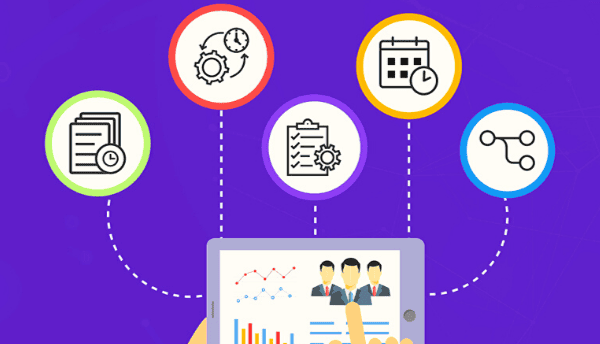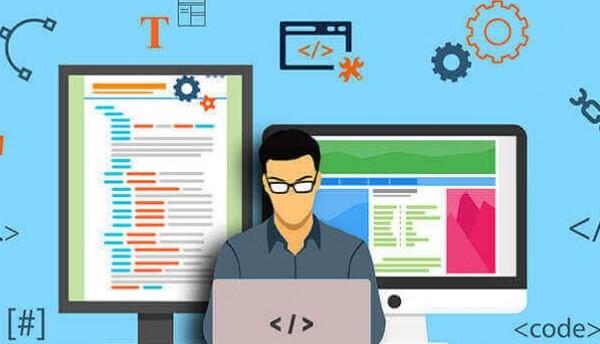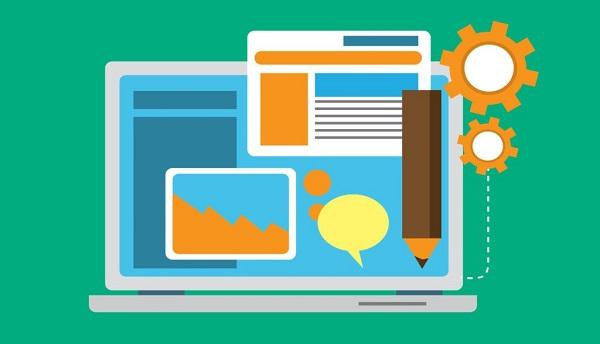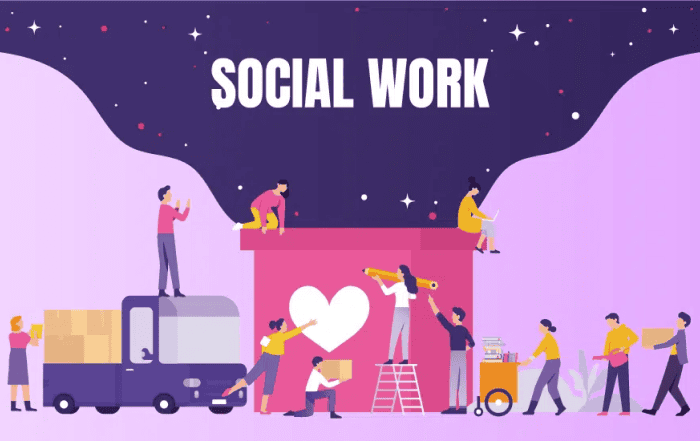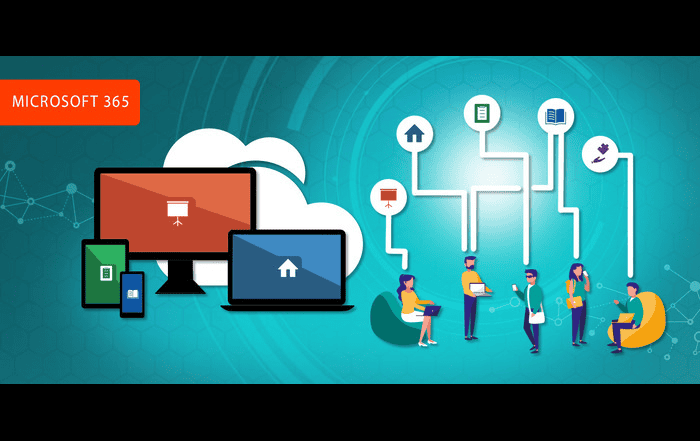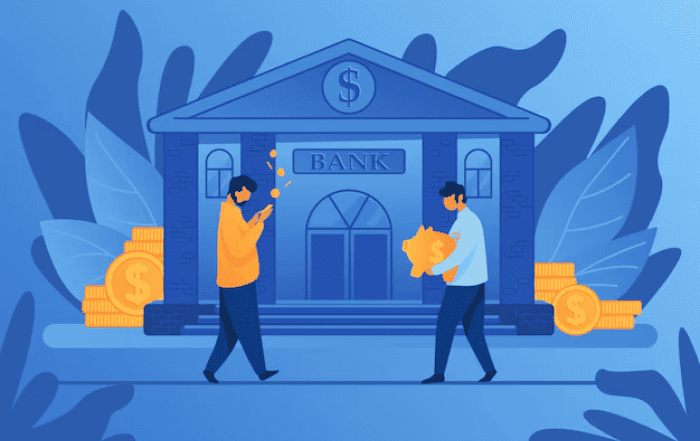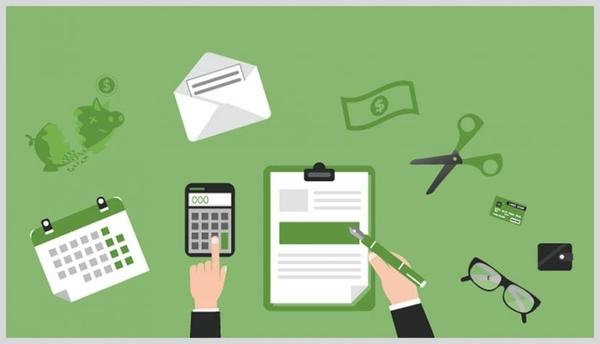
Debt can be very useful, as it allows us to purchase those big-ticket items that we’re unable to afford to pay for upfront. But an unplanned illness, accident, job loss, or global pandemic can quickly get out of hand, causing your once-manageable debt to become a dire financial emergency. The good news is that if you’re in the red, there are a few things you can do to get yourself back into the black.
Create a new budget
Budgeting how you spend your money is essential in order to start reducing your debt. While some people don’t like budgeting, it’s the best way to monitor your spending, cut your expenses, and track how much you are saving. You’ll need to know exactly how much debt you have so you can ensure your budget is accurate.
These days there is a whole range of apps, programs, and other software you can use to help create and track an automated budget, but you can still use basic tools like a spreadsheet, a workbook, or even a calendar or diary. Once you’ve created your new budget, you can then use it as a guide to working out how much you can realistically afford each month to pay off your debts.
Lower your interest rates
The more debt you have, the more interest you’ll be charged, which means you’ll be paying it off longer, and the cycle just keeps going around. Having high-interest rates on your debt can make paying it off seem like you’re getting nowhere fast. If you have credit cards with high rates, one way to start getting ahead is to move to a credit card with a much lower interest rate. Many banks have what’s called a balance transfer credit card with interest rates as low as 0% which they set up for you to transfer balances from your old credit card. Another way to reduce high-interest debts is with a low-interest line of credit such as a personal loan, consolidation loan, or home equity loan.
Pay off debt smarter
Obviously, the more money you can put towards your debt each month, the quicker your debt will disappear. But some methods actually work better than others. One of the best examples when paying down debt is by putting any excess savings onto the debts with the highest interest rate or the most expensive total first. As each of your bigger debts are paid off, you then simply roll that amount into paying off the next biggest or expensive debt, and so on. Another proven method of paying debt off quickly is by paying off more than the minimum amounts due each month because any excess money will reduce the total principal amount of your debt.
Drop your expensive habits
If you’re consistently running out of money each month, it makes sense to evaluate your spending habits. Look at even the smallest transactions so you can assess if you’re getting value from each purchase, or whether there are cheaper alternatives. Start reducing the small or social spending from your life, such as how often you eat takeaway, go out for drinks after work, or buy brand-name groceries. Obviously, the most effective way of paying off your debt as fast as possible is by cutting out any unnecessary spending completely, even if it’s just in the short term until you’re completely debt-free.
If you run a small-medium business, Xpense Pro is worth taking a look at for assistance with keeping track of those expenses. The program is designed to organize your expenses. It helps you capture receipts as you get them, write down the purpose as well, and submit them to your accountant for simple tax returns and auditing.
Get a side hustle
If you’re always struggling to pay any extra off your debt, you should look into ways you can earn more money. This could mean putting your hand up at work for any extra hours, shifts, and overtime, or maybe you could pick yourself up a little part-time gig or weekend job. Most people have a talent, hobby, or hidden skill they can monetize, and earning more on the side can really make a difference to your progress. As long as any extra income you do make goes towards paying off debt.
Final thoughts
If you really want to be completely debt-free in 2021, you need to remind yourself that debt literally costs you much more in the long run. You’re essentially earning less money at work each day because a portion of it is paying extra for the money you’ve already spent. So stop the cycle of debt by only spending the money you have.

